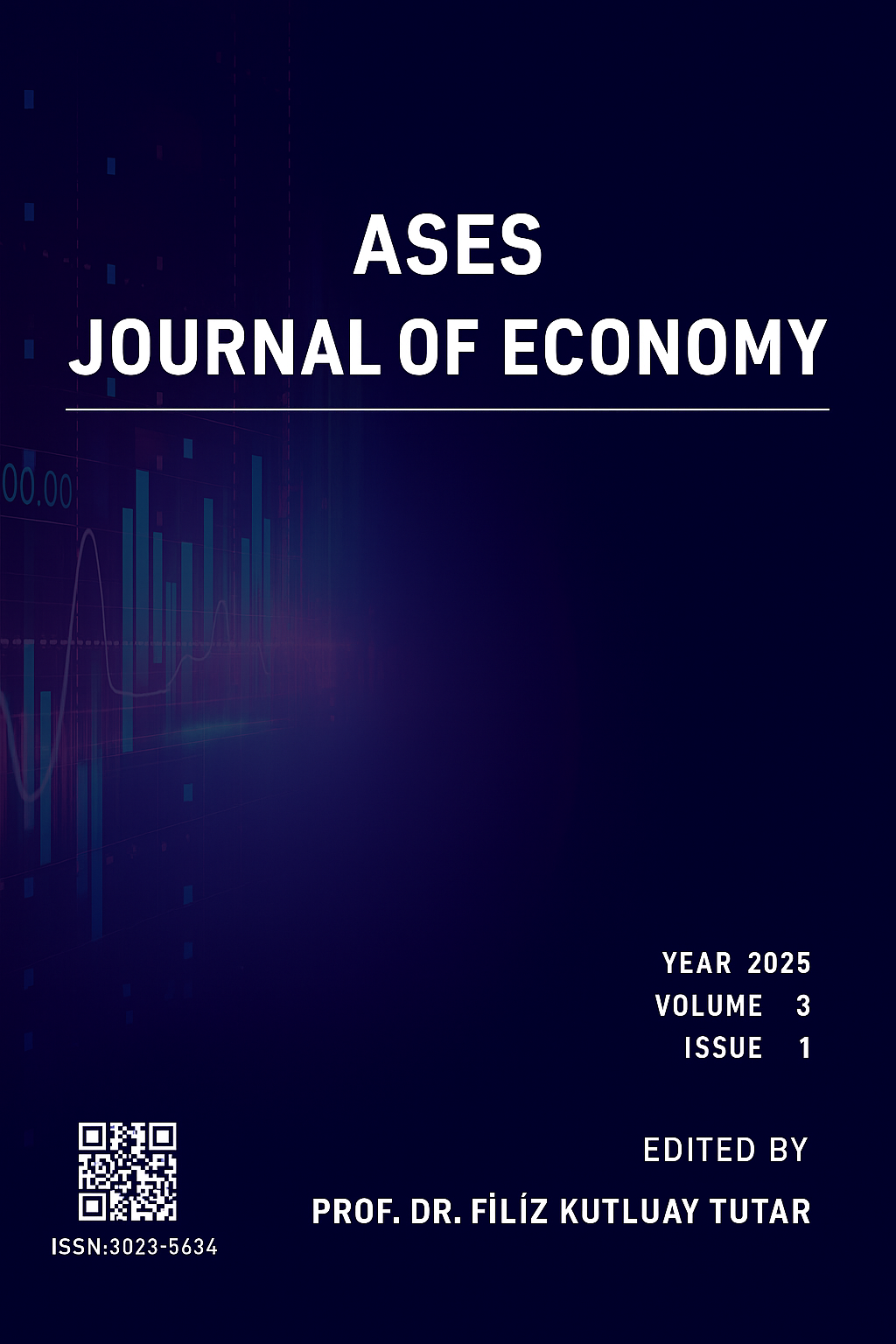Sharia Cloud Accounting: Advancing Financial Management in the Digital Era
DOI:
https://doi.org/10.5281/zenodo.15714677Anahtar Kelimeler:
sharia accounting, cloud computing, financial management, digital transformation, efficiencyÖzet
The advancement of digital technology has significantly transformed the financial industry, including Islamic accounting. One of the latest innovations is the adoption of cloud computing technology in Islamic accounting, offering efficiency, transparency, and flexibility in Sharia-based financial management. This study aims to explore the concepts, benefits, and challenges of implementing cloud-based Islamic accounting. The research method used is a literature review with content analysis from various academic and practical sources. The findings indicate that the adoption of cloud technology in Islamic accounting has the potential to enhance financial management effectiveness and ensure compliance with Sharia principles. However, challenges such as data security, regulatory compliance, and human resource readiness remain significant barriers to its adoption. This article provides strategic recommendations for Islamic financial institutions to optimize the utilization of cloud computing.
Referanslar
Ahmad, T., & Wahyuni, R. (2024). The Role of Cloud Computing in Enhancing Financial Reporting Transparency in Islamic Banks. Journal of Islamic Financial Studies, 12(1), 45-67.
Ali, Z., & Hamdan, F. (2024). Challenges and Opportunities of Cloud Accounting in Islamic Financial Institutions. International Journal of Islamic Economics, 15(2), 78-95.
Al-Okaily, M., Alkhwaldi, A. F., Abdulmuhsin, A. A., Alqudah, H., & Al-Okaily, A. (2023). Cloud-based accounting information systems usage and its impact on Jordanian SMEs’ performance. Journal of Financial Reporting and Accounting, 21(1), 126–155.
Altin, M., & Yilmaz, R. (2022). Adoption of Cloud-Based Accounting Practices in Turkey: An Empirical Study. International Journal of Public Administration, 45(11), 819–833.
Faizah, F., Soemaryono, S., & Kamayanti, A. (2021). Studi Institusionalisasi Sistem Informasi Akuntansi Berbasis Cloud Server. Media Mahardhika, 20(1), 81–95.
Hassan, M., & Yusuf, R. (2024). The Digital Transformation of Islamic Banking: The Role of Cloud Computing. Journal of Islamic Banking and Finance, 20(1), 33-50.
Mathilda. (2022). Cloud Computing Indonesia: Bank Aladin Jalin Kerja Sama dengan Google Cloud. Retrieved from https://www.cloudcomputing.id/berita/bank-aladin-jalin-kerja-sama-google-cloud
Muslim, S. (2020). Akuntansi Keuangan Syariah Teori & Praktik. CV Pustaka Setia.
Nurdin, H., & Syarif, A. (2024). Evaluating the Security Aspects of Cloud-Based Accounting Systems in Islamic Finance. Islamic Financial Technology Review, 10(3), 112-130.
Rahmat, M. (2021). Akuntansi Syariah (M. K. Rokan (ed.); Pertama). FEBI UIN-SU Press.
Rahmat, T., & Ismail, H. (2024). Adoption of Cloud Technology in Islamic Accounting: A Case Study of Southeast Asia. Asian Journal of Islamic Finance, 18(2), 55-75.
Rahmawati, Y. (2022). Akuntansi Syariah di Indonesia dalam Era Digital. Indonesian Journal of Islamic Economics and Finance, 2(1), 1–12.
Setiawan, A., Praptiningsih, P., & Matondang, N. (2020). Studi Literatur tentang Cloud Accounting. Equity, 23(2), 189–200.
İndir
Yayınlanmış
Nasıl Atıf Yapılır
Sayı
Bölüm
Lisans
Telif Hakkı (c) 2025 Agus Arwani, Unggul Priyadi

Bu çalışma Creative Commons Attribution 4.0 International License ile lisanslanmıştır.



